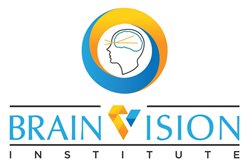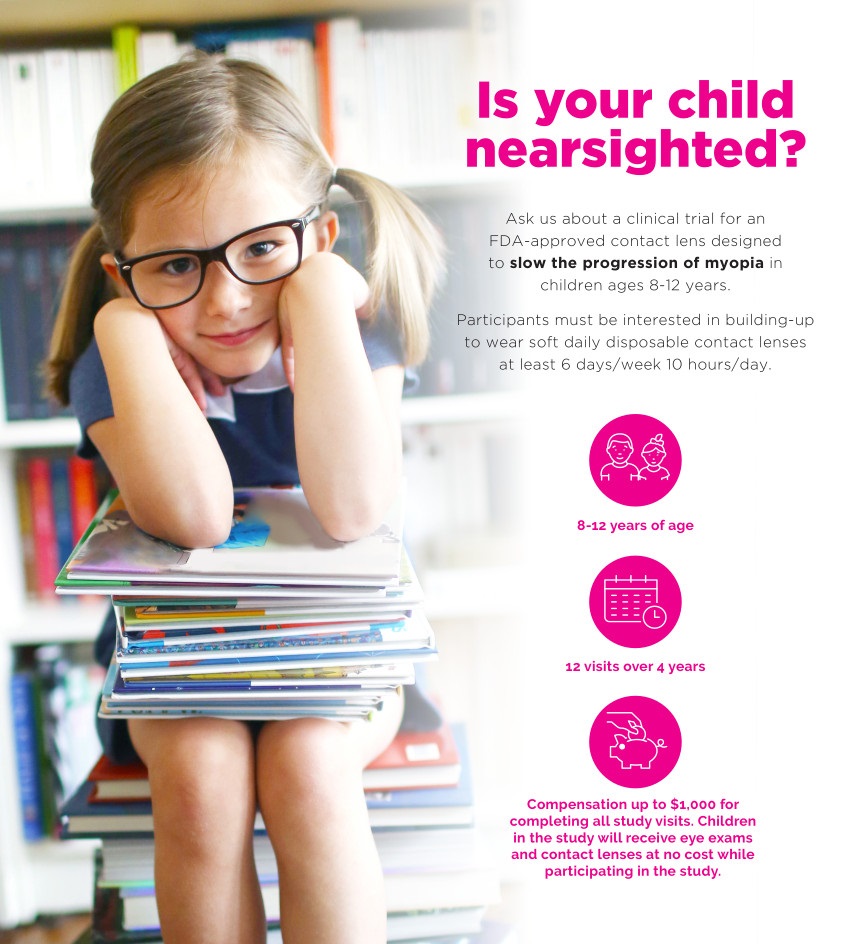Keep up-to-date on the latest vision-related news and eye care events in our Practice.
Light sensitivity, or photophobia, can be more than just an inconvenience—it can interfere with daily life, causing discomfort, headaches, and visual strain. Whether due to concussion, migraines, or other conditions, vision therapy offers effective solutions to help patients manage and reduce their sensitivity to light.
Concussions and sports-related injuries can have lasting effects on vision, impacting balance, focus, and depth perception. Specialized vision therapy can help retrain the brain and restore essential visual skills, ensuring a full recovery and reducing long-term complications.
Vision insurance benefits often expire on December 31, so it’s crucial to use them before they’re gone. Book your eye exam or order new eyewear today to maximize your coverage.
Maximize your vision and medical insurance benefits before they reset at the start of the new year. Schedule your eye care appointment now to take advantage of coverage for exams, eyewear, and more.
Undiagnosed vision-related issues can significantly impact a child's performance at school. In this blog post, we explore how these problems can manifest and how the Brain Vision Institute in South Barrington, IL, can help address them.
If you frequently experience headaches or migraines, you may have binocular vision dysfunction (BVD) — a misalignment of your eyes. Find out how a neuro-optometrist can help you get the relief you’re seeking.
Vision therapy can address underlying visual problems that can mimic or exacerbate a learning disability.
Sleep apnea is associated with high blood pressure and heart failure; it also causes eye-related issues. Find out how your eye condition may be linked to sleep apnea.
Many factors contribute to vision loss, some of which may even be relevant to you. Read on to learn what puts a person at risk of developing sight-threatening eye diseases, and discover what an eye doctor can do to help.
Dilated eye exams make it possible for eye doctors to better assess your eye health and are the only way to detect certain eye diseases.
While many people turn to tap water to rinse their eyes, it may not always be safe. Find out when to use water, and what to use when you can't!
Did you know that your eyes are often the first line of defense when it comes to detecting and treating many common systemic diseases and conditions? It's true!
High myopia – severe nearsightedness – is associated with an increased risk of serious eye diseases such as retinal detachment, glaucoma, and cataracts.
Creating healthy living habits is a great way to preserve your vision throughout your lifetime. These can help keep your eyes healthy and your vision clear.
The struggle against dry eye every winter is real. Fortunately there are eye treatments and home remedies to relieve symptoms.
Here's how eye exams helped save Katie's vision and quality of life. Call Brain Vision Institute to schedule your appointment.
Children and adolescents with diabetes are significantly more likely to suffer from dry eye syndrome (DES) than their non-diabetic peers. Read on to learn why diabetics are at higher risk, and how Brain Vision Institute can help.


*Open Saturday by appointment only.